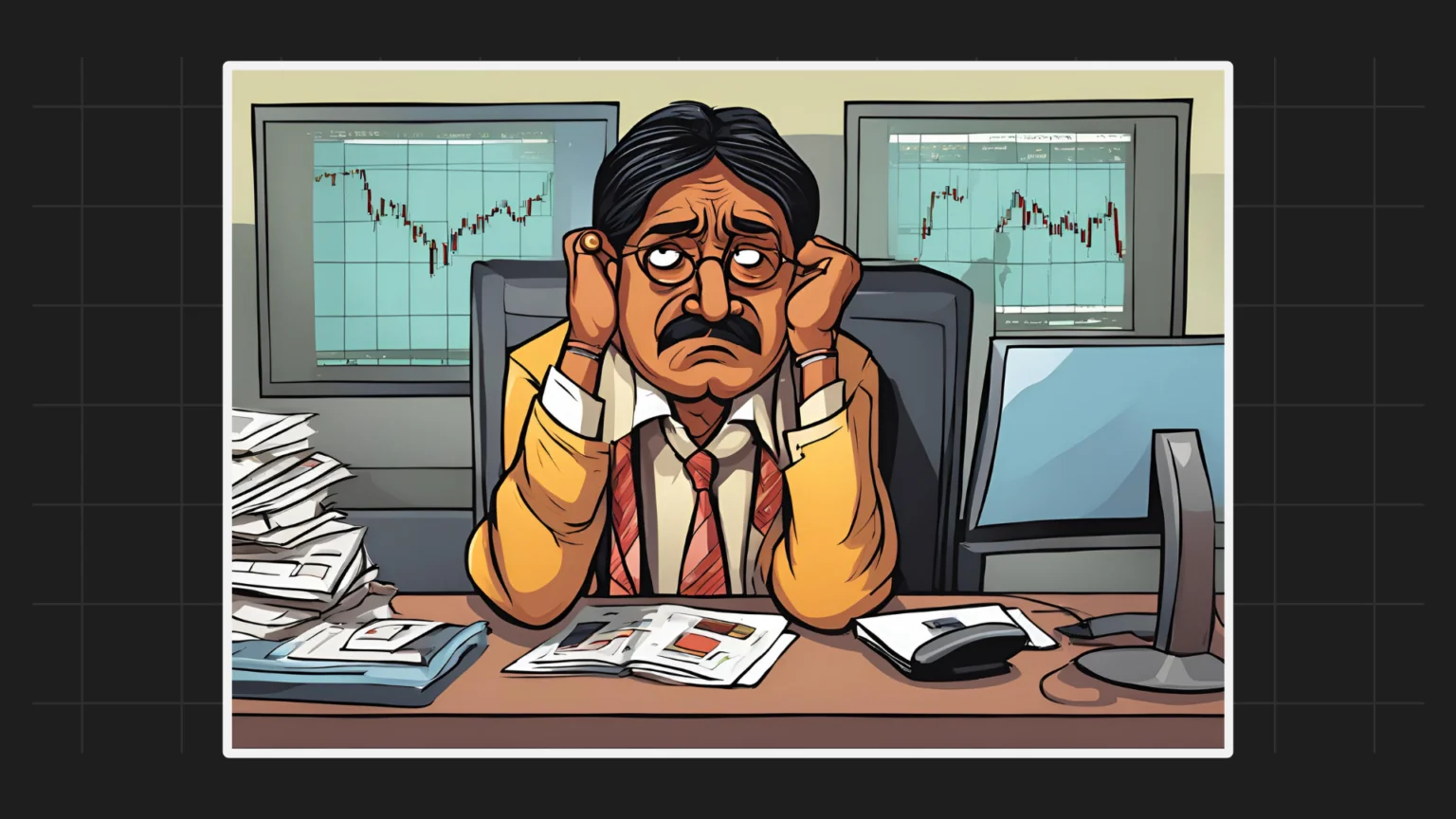The US Dominates Global Equity Markets
The global equity markets are heavily dominated by the United States. A staggering 65% of the total market capitalization across all countries is held by the US alone. To put this into perspective, the second-largest market contributes only 5.5%. The gap is enormous, with the US towering above the rest. This dominance reflects the sheer scale and influence of the US stock market on the global stage, leaving other countries far behind.

A Surprising Gap Between GDP and Market Cap
While the US holds 65% of global market capitalization, its share of the world’s GDP is only 25%. This means that the country’s market cap is more than double its economic output compared to its global peers. Such a vast gap highlights how the US markets have attracted significant investment, far beyond what its GDP would suggest. The market has become a magnet for global money, showcasing its strength and reliability.
Other Countries’ Market Share Remains Small
Beyond the US, the rest of the world accounts for just 35% of the global equity market capitalization. Even countries with strong economies have very small shares in the global market. For instance, the next best contender after the US holds only 5.5%, and India’s share is merely 2.2%. These numbers emphasize the limited presence of most countries in the global equity space, making the US a clear leader.
Opportunities Beyond the US
While the US dominates, this doesn’t mean there’s no potential in other markets. Over time, other countries may rise in significance. There is room for optimism that global equity weightages could become more balanced in the future. However, as of now, the numbers show that the US continues to be the primary destination for investments, overshadowing opportunities elsewhere.
Why Diversification Matters
The dominance of the US market offers an important lesson for individual investors. Investing in the US markets can provide valuable diversification. For investors in countries like India, where the global market share is relatively small, tapping into the US market is a way to reduce risks and gain exposure to a consistently strong market. Diversification ensures that investments are not overly concentrated in one region, providing more stability over the long term.
WeekendInvesting launches – PortfolioMomentum Report
Momentum Score: See what percentage of your portfolio is in high vs. low momentum stocks, giving you a snapshot of its performance and health.
Weightage Skew: Discover if certain stocks are dominating your portfolio, affecting its performance and risk balance.
Why it matters
Weak momentum stocks can limit your gains, while high momentum stocks improve capital allocation, enhancing your chances of superior performance.
Disclaimers and disclosures : https://tinyurl.com/2763eyaz










